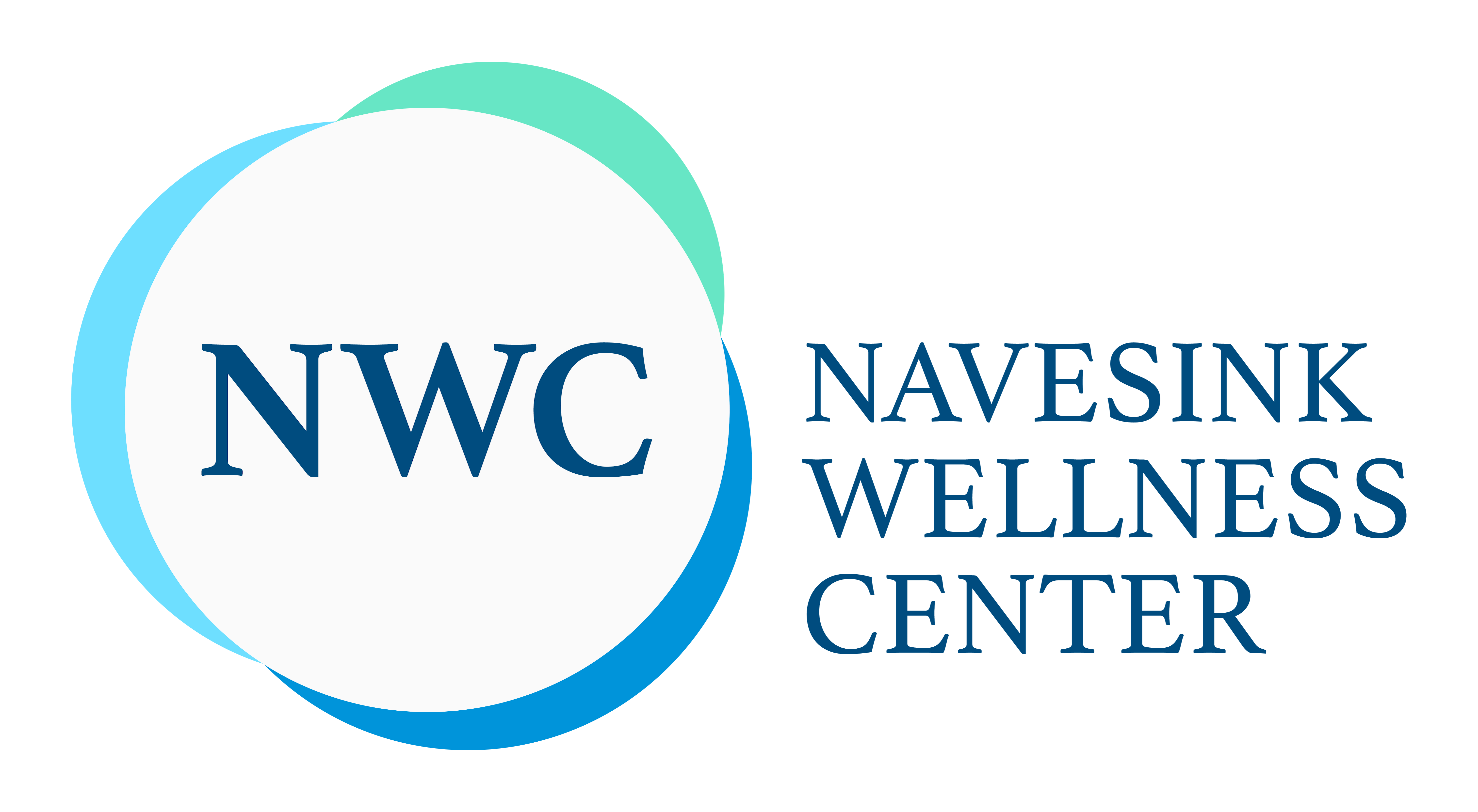Experts are now cautioning parents about the dangers of complimenting their children too much, especially when the focus is on their innate physical attributes. The evidence states that praising your child about his or her outward appearance can inadvertently cause the child to base their sense of self worth and value on their physical characteristics, thus leading to potential body confidence issues.
The reality is that although this research holds some validity, this blanket statement minimizes the intricacies of the female mind and how the process in which women establish their own sense of identity varies greatly from that of their male counterparts. Unlike the male brain, the female brain is wired to focus primarily on social interaction and the dynamic that occurs between people as they engage one another. It is an essential part of her brain’s development. Drastic growth occurs in understanding and interpreting social interaction, as well as both verbal and nonverbal expression of emotion. This is very different than that of the male brain, which does not advance developmentally in this area for quite some time. And when that growth does occur, it is only a small fraction of the communication mastery that occurs in the female brain. Because of this development, a female is naturally more interested in the presence of others. She notices, analyzes and interprets other people’s reactions and is very aware of how her presence is perceived in the eyes of those around her. As a female child grows and develops, she begins to obtain a greater understanding of herself and her overall worth through her interpretation of other’s responses to her. That with each new step, experience or skill that she masters, she will look to others to help validate for her the importance of such an achievement.
This is a very true and valid statement that parents of females cannot ignore, the verbal and nonverbal reactions that a female experiences dictate the way she ultimately perceives herself and her value in this world.
Having access to that knowledge, how can we encourage parents not to praise their children? No matter what your daughter’s personality is, chances are she is acutely aware of every subtle response you have towards her. What she is also aware of is inauthenticity. So its important to address both sides of this coin. To the parents who seem to generically compliment their children, constantly praising them for being the “most beautiful girl ever” – your daughter can see right through that. And although she may relish in the moment of having positive attention thrown her way, she is most likely disregarding your words because they have no depth to them. She can sense when someone’s response to her is phony or superficial. This can actually have adverse effects – where your daughter assumes that her parent needs to “make up” compliments because there is nothing about her that genuinely is deserving of recognition or validation.
On the flip side of this however are parents who choose to take the alternative route and never acknowledge their daughter’s physical appearance. This too can have a negative impact on the way your daughter perceives herself. We live in a society that is fixated on physical appearance, so disregarding its importance is not going to avoid the inevitable. She is human and may have moments of insecurity when she looks in the mirror. It is our responsibility to provide her with the validation and reassurance that every aspect of her physical appearance is uniquely special and to be celebrated.
Is that all that she has going for her? Of course not – but the truth of the matter is that part of the maturation process is learning to embrace and celebrate all aspects of oneself. To understand strengths that you have acquired both innately and through hard work and determination. So to disregard this piece would be to miss out on an opportunity to assist your daughter in gaining a healthy perspective on all that she is, both inside and out.
And because a female is wired to need that validation, if she does not authentically receive it from her parents, she will ultimately look elsewhere for it. So if a parent has avoided focusing any attention on their daughter’s physical appearance, when someone comes along and does provide that for her, she may be drawn to that individual for more of that validation. The risk lies in what type of person that may be – what that person’s intentions are and how ultimately their words and behaviors will impact that young girl’s sense of value and worth.
The solution to all of this is simple. Females need verbal and nonverbal validation from their parents to help her establish a deep, authentic sense of self. So the work falls on the parents to provide that for her – through their actions and words. So when an opportunity presents itself, it is essential that the parent stop what they are doing, look their daughter in the eyes, and speak from their heart. Find something that in that specific moment they can acknowledge to help provide that much needed support and validation. Instead of simply saying, “you are so pretty”, focus on something more specific like, “the way you styled your hair today looks really nice on you”. What a parent is doing here is helping to validate something physical about her daughter without it feeling forced or generic. It goes deeper because it’s something that girl took the time to do – and in acknowledging that element of it, the compliment holds more weight and value in her mind.
This goes for all aspects of a young girl’s life – finding specific aspects of who she is that need to be highlighted, acknowledged and celebrated. It isn’t about blankety removing compliments that focus on a girl’s physical appearance. It’s about tailoring them to be more specific, in the moment and from the heart.




